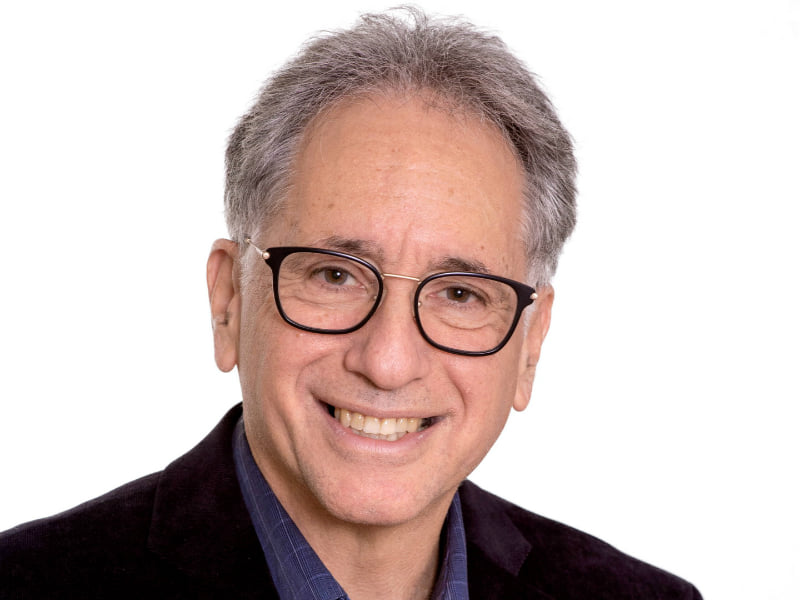WINNIPEG- Five small Reform synagogues in western Canada have banded together to offer their congregants greater opportunities to share resources, participate in services, celebrate holidays, and connect at cultural and educational events. The congregations participating in the Western Canadian Reform Collaboration include Temple B’nai Tikvah in Calgary, Temple Beth Ora in Edmonton, Kolot Mayim Reform Congregation in Victoria, Temple Sholom in Vancouver, and Temple Shalom in Winnipeg.
Rabbi Allan Finkel, spiritual leader of the Winnipeg congregation, initiated the collaboration.
“I had come to recognize that, because of COVID-19, we were all starting to develop innovative digital content — educational and cultural programs and events — that we were each delivering within our own congregations and communities,” Rabbi Finkel said.
The delivery of that digital content, whether for holiday celebrations or for Jewish ritual events such as baby namings and shivahs, consistently demonstrated that people thousands of miles apart could sit side by side online and connect in meaningful and spiritual ways.
“For me, the Western Canadian Reform Collaboration was a practical next step – simply, the opportunity for each of us to share our unique liberal Jewish programs and events with fellow congregations and congregants across western Canada,” he said.
Reform Judaism in western Canada, as in the rest of the country, remains a relatively small denomination compared to the United States. And yet, every one of the synagogues has experienced increased membership interest and engagement in the months since COVID arrived and synagogue life moved from the sanctuary to virtual space.
“Surprisingly, our participation has risen sharply during the pandemic,” said Rabbi Mark Glickman, spiritual leader at Calgary’s Temple B’nai Tikvah. “I think the isolation that people are feeling has made them yearn for connection, which is something the religious community is uniquely positioned to provide.”
Rabbi Lynn Greenhough has found that to be the case among her congregants in Victoria as well.
“We have had more people attend services than ever before,” she said. “Their attendance may be a human hunger for connection with others. Even if all we see is a face and hear one voice at a time, there is connection and continuity.”
That sense of connection and continuity will be enhanced through joint programming with the other western synagogues. Much of the programming is still being developed, but it already includes a live-streamed, co-sponsored event scheduled for March in celebration of International Women’s Day. The event will be hosted by Rabbi Finkel and feature rabbis Greenhough and Gila Caine from Temple Beth Ora as two of the speakers.
Even after COVID restrictions are lifted entirely and in-person synagogue attendance is allowed to resume, the western rabbis intend to keep offering virtual programming and to keep working together.
The collaboration might have been initiated by the pandemic, Rabbi Greenhough said, but it is not limited to the pandemic.
“In many ways I think this pandemic has forced us to reassess what works for those of us in organized, institutional religious practice, what are our delivery systems, and how can we make these systems most effective and most inclusive,” she said.
That reassessment is motivating the members of the Reform collaboration to keep redefining what they mean by community, developing a variety of learning and liturgical opportunities and breaking out beyond the traditional walls of their buildings. It is motivating them to stay connected and plan a future together.
“As for the long term of our Western Canadian Reform Collaboration,” Rabbi Finkel said, “we see this as a work in progress as we figure out what to share and how, but it has a solid foundation of rabbis finding that we like each other and that we enjoy working with each other. Our championing of this initiative and in developing shared, co-sponsored events won’t stop when COVID-19 ends.”



